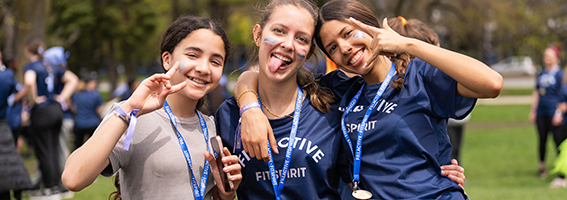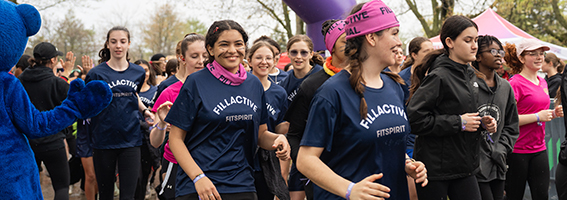A healthy lifestyle provides immeasurable benefits to your personal health and well-being.
Read our articles on the benefits of having healthy habits at home and at work, what to pack for emergency travel, how to stay motivated while on disability leave and more.
Read more articles



